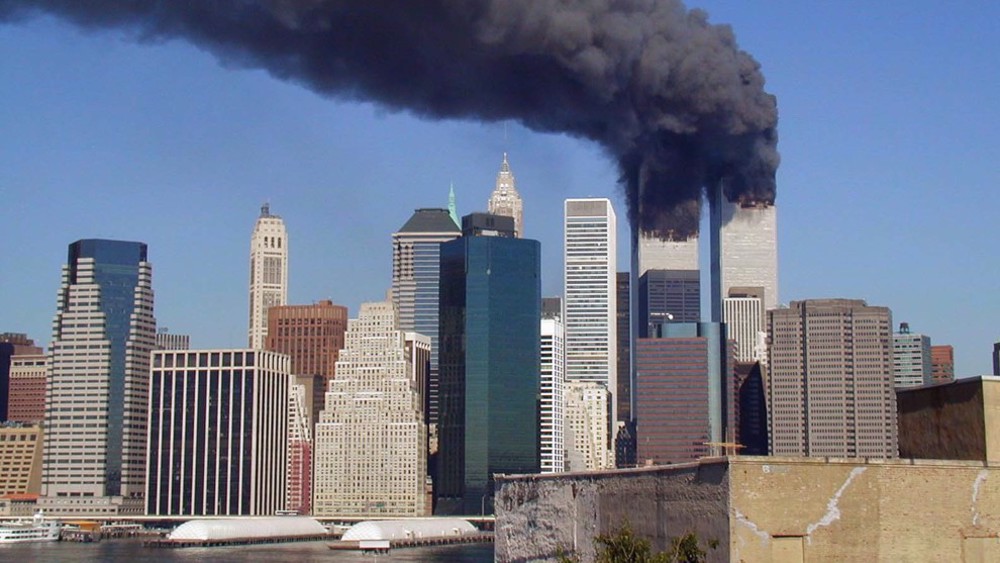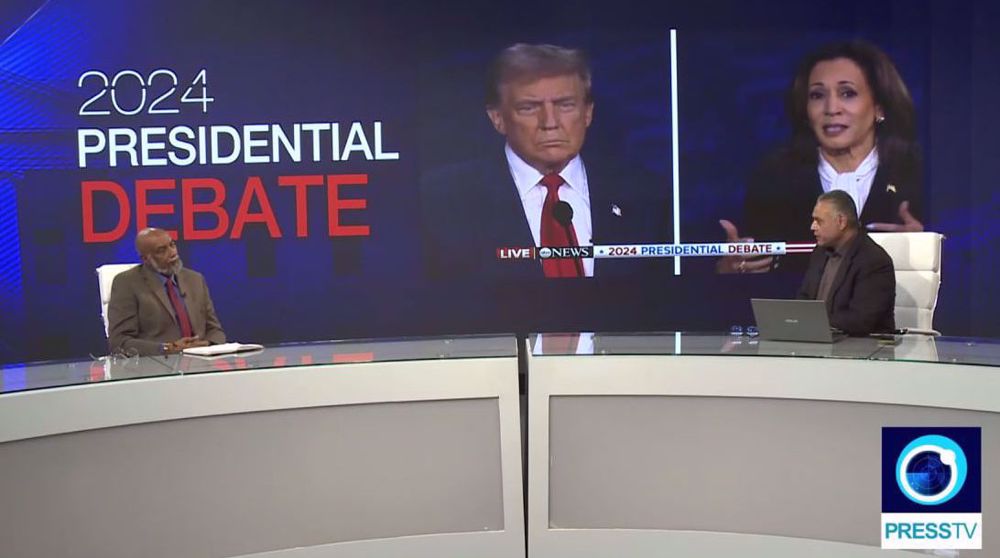Muslim nations should set up Hajj management team: Analyst
Press TV has conducted an interview with Saeed Shahabi, political analyst in London, to discuss a rush during Hajj pilgrimage rituals in which more than 700 people lost their lives.
The following is a rough transcription of the interview.
Press TV: When we look at this situation, is it just a matter of the statistics, the number of people that is gathering in Mecca or for the Hajj ceremonies that automatically we can assume that they are going to be fatalities or is it a problem bigger than that with perhaps mismanagement from the Saudi side?
Shahabi: Eid Mubarak to you and to your listeners despite the tragic event in Mecca and of course our condolences go to the families of the victims. Now whether this is a natural, a natural consequence of having so many people in Hajj, I think it is a matter of a dispute because we are not talking about how many pilgrims died. Of course we expect, I do not know, 100, 200 people to die naturally because of heat stroke, because of hard conditions and whatever; we are not talking about that, we are talking about repeated incidence which show a clear and systematic lack of proper management of a large crowd.
As if Hajj is just happening this year, as if it has not been there for 400 years, as if the Saudi regime has been not in office for one hundred years, still year on, year in, year out, when you see this repeated pattern on fatalities that are turning Hajj into a catastrophic event. I think this is by no means unacceptable …we have had this year.
We just had the crane incident two weeks ago when more than 220 people were killed. We had a fan coming off the ceiling of one of the shrines over the people. We had, I am taking about this year Hajj and in the last two, three weeks, a hotel which one thousand of its occupants were evacuated because of fire. And then we had fire sweeping through Mina in the past few years several times and killing hundreds of people; this is of course an addition with the 400 who were killed in Al-Ma'aisim tunnel in 1990. Of course I should not forget what happened to the Iranian pilgrims; that was an intentional act of killing in 1987 when the Saudi security forces killed more than 500 of the Iranians.
So, all in all, we have a pattern of death that cannot be accepted and should not be accepted by Muslims and Muslims should do something about it.
Press TV: You talked about basically mismanagement on the part of the Saudis. Do you think that there should be a type of international community set up between the various Muslim countries? Or What is the answer that we stop seeping a repeat of this tragedy year after year?
Shahabi: Iraq, despite its all ills and all the violence that is sweeping it, has more than 10 million; of course some people say 20 million, every year on the Arba’een, on the 40th day of martyrdom of Imam Hussein (AS), and we have not heard a single major incident of that nature. We are talking about a country which is at war with terrorism and there is a lot of pressure and yet we have not seen it. But in Saudi Arabia; it is good the Saudis are good at war, are good at financing terrorism and extremism, they are bombing Yemen days and nights, yet they cannot manage this annual festival where Muslims are expected to exercise their worship in peace and in harmony and also to discuss their own lively matters that concern Muslims.
Now as for the management, why is it not acceptable that the Organization of Islamic Cooperation (OIC) or Muslim countries cannot come together and agree on a management team from the large countries or of the Muslim world, the fifty seven also, or from each country to manage the Hajj? It is clear that there is a failure; you cannot say this is natural. It happens year after year, this is disastrous.
Canada’s Yukon town council at standstill over refusing oath to King Charles
Yemen's Houthi calls for jihad to protect Palestine against Israel
VIDEO | Internal rifts within Israel
Russia launches 'ICBM' for first time against Ukraine: Kiev
Scores killed as Takfiri terrorists target Shia Muslims in Pakistan
Pezeshkian to US, Europeans: You are killing women, children
VIDEO | COP29: another climate failure?
ICC issues arrest warrants for Netanyahu, Gallant for war crimes









 This makes it easy to access the Press TV website
This makes it easy to access the Press TV website